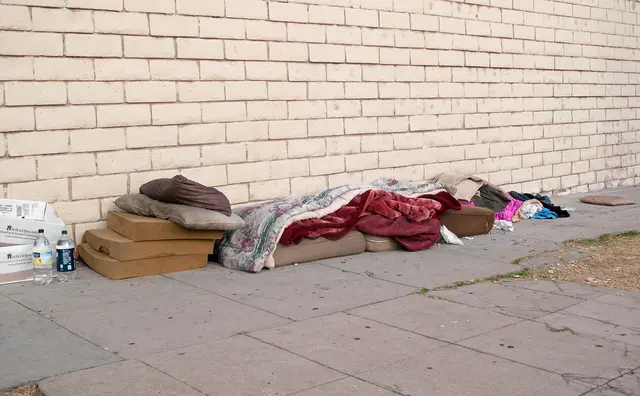
Apr 21, 2023 • UBI
Unveiling 6 Creative Solutions to Tackle Income Inequality
Dazzling Detours Beyond UBI

While Universal Basic Income (UBI) has captured headlines and imaginations, it's essential to recognize other creative solutions that can also address income inequality. So, let's embark on a journey to explore these fascinating alternatives, complete with engaging examples to explain their concepts.
The growing wealth gap and increasing automation in today's economy have prompted many to consider UBI as a potential solution. However, there are numerous other policy proposals that, while perhaps not as well-known, can be just as effective in addressing income inequality. From turning tax day into payday for some to providing a "golden ticket" for essential services, these alternatives offer innovative ways to create a more equitable society.
Negative Income Tax (NIT) – The Robin Hood of Taxes
Picture a tax system that operates like Robin Hood, taking from the rich and giving to the poor. That's what Negative Income Tax (NIT) aims to achieve. For individuals earning below a certain income threshold, the government would pay them the difference instead of taking their taxes. This approach effectively creates an income floor, ensuring that everyone maintains a minimum standard of living. With NIT, tax day could become a reason to celebrate for those struggling to make ends meet.
Job Guarantee Programs – A Labor of Love
Imagine a world where everyone willing and able to work has a job, much like a well-functioning beehive. Job Guarantee Programs provide government-funded employment opportunities focusing on infrastructure, public services, and community projects. These initiatives not only help mitigate unemployment, but they also contribute to the betterment of society. It's like having a workforce that serves both the individual and the community, creating a vibrant and productive environment for all.
Earned Income Tax Credit (EITC) – A Pat on the Back for Hard Work
The Earned Income Tax Credit (EITC) is like a financial reward system for low-to-moderate-income working individuals and families. The more you work, the higher the credit you receive, which incentivizes hard work and boosts income. Plus, EITC is refundable, meaning that if the credit exceeds the amount of taxes owed, the difference is paid back to the individual. It's like receiving an unexpected bonus for your dedication and effort.
Conditional Cash Transfers (CCT) – The Carrot on a Stick
Conditional Cash Transfer programs are like using a carrot on a stick to encourage positive behavior. These initiatives provide cash transfers to low-income individuals or families who fulfill specific requirements, such as ensuring their children attend school or receiving regular healthcare checkups. This approach not only supports families in need but also promotes constructive habits that can break the cycle of poverty.
Basic Services Guarantee – The Golden Ticket to Essentials
Envision a world where everyone has a "golden ticket" to access essential services such as healthcare, education, housing, and food security. The Basic Services Guarantee ensures universal access to these necessities, regardless of income or employment status. It's like holding the key to a better quality of life, with a foundation built on well-being and opportunity.
Wealth Redistribution – The Great Balancing Act
Think of wealth redistribution as a great balancing act, where the goal is to ensure that everyone gets a fair share of resources. This approach involves implementing tax reforms such as progressive taxation, inheritance taxes, or wealth taxes. The revenues generated from these policies are then used to fund social programs and services that benefit the broader population. It's like evening out the playing field, so everyone has a fighting chance to succeed.
Final Thoughts
While UBI may be a popular and well-publicized solution to income inequality, it's essential to recognize the variety of other innovative policy alternatives available. From Negative Income Tax to Wealth Redistribution, these approaches offer unique ways to address the wealth gap and create a more equitable society. By understanding and discussing these options, we can foster a richer conversation about the future of our economy and the potential paths towards fairness and prosperity for all. So, let's continue exploring these alternatives and work together to build a brighter and more balanced future.




